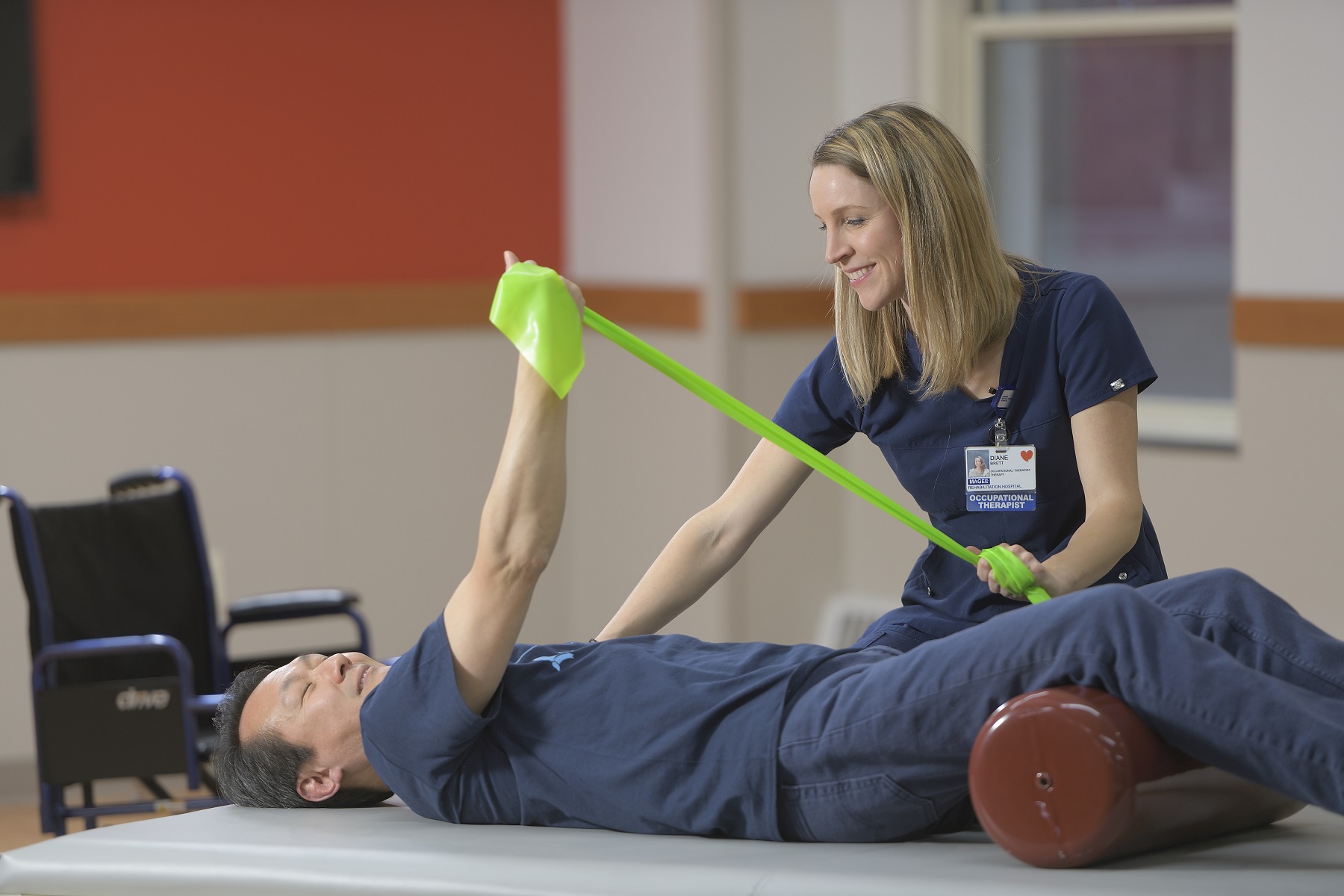The Essential Contribution by Licensed Physical Practitioners to Improving Personal Training Efficacy
The Essential Contribution by Licensed Physical Practitioners to Improving Personal Training Efficacy
Blog Article
Certified physical PTs (physical therapists) perform a crucial role in improving the effectiveness of individual training programs. Their expertise in anatomical anatomy, kinetic studies, and rehabilitation allows them to provide important insights that can assist personal trainers create safer and more effective workout programs. By collaborating with personal coaches, physical PTs can guarantee that clients not only reach their health goals but also preserve their overall health and avoid injuries. This collaboration is essential for developing a well-rounded approach to exercise that prioritizes both efficiency and security.
One of the primary contributions of certified physiological therapists is their capability to evaluate an individual's physical state. Before initiating any training program, it is crucial to comprehend a person's strengths, limitations, and any pre-existing conditions. Physiological PTs are trained to conduct comprehensive assessments that include assessing flexibility, power, balance, and coordination. This data is crucial for personal trainers, as it enables them to customize workouts to meet the individual requirements of each individual. By using this information, coaches can create personalized workout programs that promote progress while reducing the chance of harm.
In furthermore to assessments, physical PTs can offer instruction on correct exercise techniques. Many injuries in fitness settings happen due to incorrect technique or method. Licensed physical therapists can teach both coaches and patients the proper methods to perform exercises, ensuring that movements are executed securely and efficiently. This understanding assists to establish a solid foundation for clients, allowing them to progress in their training without the fear of harm. Additionally, when coaches comprehend the concepts of movement science taught by physiological PTs, they can better guide their clients through complex movements.
Another crucial element of the collaboration between physiological PTs and individual coaches is harm avoidance. Physiological PTs are specialists in recognizing hazard elements that may lead to harm during exercise. They can advise trainers on how to modify workouts for clients who may be at risk due to previous harm or particular medical issues. By applying these adjustments, coaches can assist patients stay engaged and participating in their exercise path while minimizing the chance of delays. This preventive approach to harm avoidance is essential for sustaining long-term fitness and well-being.
Finally, the collaboration between certified physiological PTs and individual coaches can improve the overall patient experience. When clients know that their trainers are working alongside healthcare professionals, they may feel more confident and assured in their training programs. This collaboration fosters a nurturing atmosphere where patients can inquire queries and receive guidance tailored to their individual needs. As a result, clients are more likely to stay committed to their fitness objectives and attain lasting results. The combined knowledge of physiological therapists and personal athletic conditioning workshops coaches forms a comprehensive support system that empowers individuals to live more active, increased dynamic lifestyles.